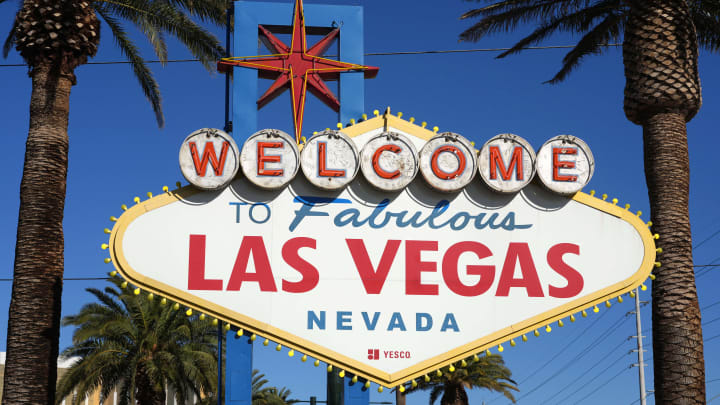How the Oakland A's Plan to Finance Their Las Vegas Ballpark

The Las Vegas Stadium Authority meeting is underway, and two main points on the agenda that conern the Oakland A's are the revised non-relocation agreement, and the introduction of the development agreement. Mick Akers of the Las Vegas Review-Journal provided some insight from the meeting about how exactly the proposed ballpark will be funded--and it's insane.
Sandy Dean says A’s Las Vegas Stadium finance breakdown is a followed:
— Mick Akers (@mickakers) July 18, 2024
Public money: $350M (Full $380M not expected to be used.)
Debt financing: $300M (Not yet secured)
Equity: $850
A’s responsible for cost overruns. #vegas #athletics #mlb https://t.co/tO1cmOqSnG
The only sure thing listed is the public money, along with the tidbit that not all of it is expected to be used, which is also laughable. Why ask for so much financing if you don't plan to use every last penny?
One of the sticking points is the debt financing of $300 million, which has not been secured somehow. That's the part that the banks help out on, and for the banks to not be willing to offer more in the way of debt financing, and for it to not be secured 13 months after the public money, doesn't instill a ton of confidence in the project overall.
But the real head-scratcher of the funding process here is that $850 million of this project (before overruns) is expected to be from equity financing. That means selling part of the team in order to finance the ballpark.
Forbes most recent franchise value estimation was listed at $1.2 billion. That means that in order to secure the $850 million needed to build the ballpark, Fisher would need to sell 70.8% of the team. Of course, he could be going after a much higher valuation, like the $2-2.5 billion that the franchise is expected to be worth after the ballpark is built, but why would that be a good investment for anyone? They pay for more of a new ballpark than Fisher, increasing the franchise's value, and then take less of a stake in the team?
Yeah, ok.
Then you also have the "flip tax" that was put in place by the 29 other MLB owners when they approved the franchise's relocation. According to Bob Nightengale of USA Today, that tax stands at 20% if he sells the team before 2028. Kind of hard to secure the equity to build a ballpark without selling part of the team, no?
How exactly the "flip tax" works is up for debate, however. Does it only come into play if he sells the full team to someone in Las Vegas? Does it still come in play if he sells less than 50% of the team? What about if he sells to a local person in Oakland?
These are questions that don't have known answers, but it would make sense if both an Oakland sale and the sale of a share under 50% of the team wouldn't be taxed. One would keep the team where they have been since 1968, and the franchise value wouldn't have skyrocketed (yet), and the other would still involve Fisher having a controlling interest in the club.
How Fisher is planning to finance the ballpark has been a question for a long, long time, and this new information didn't make it seem like the Vegas ballpark was any closer to reality than it was before. It's not like Fisher has a track record of announcing ballparks that never get built or anything.
